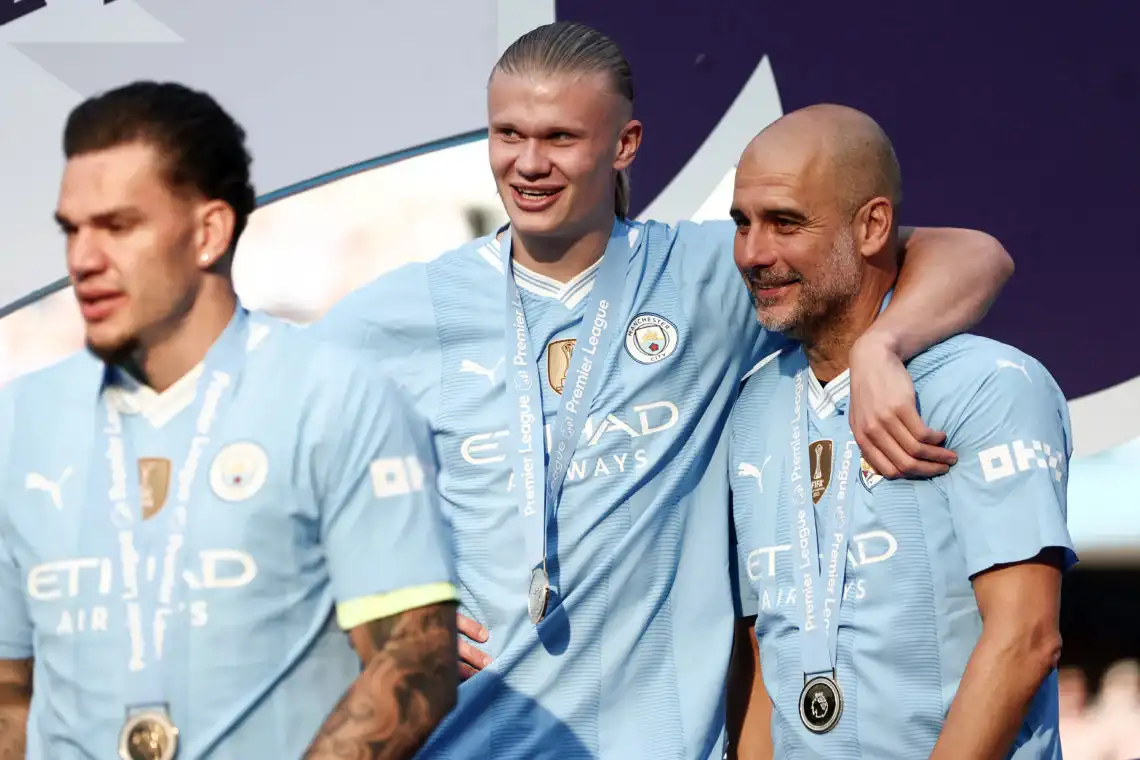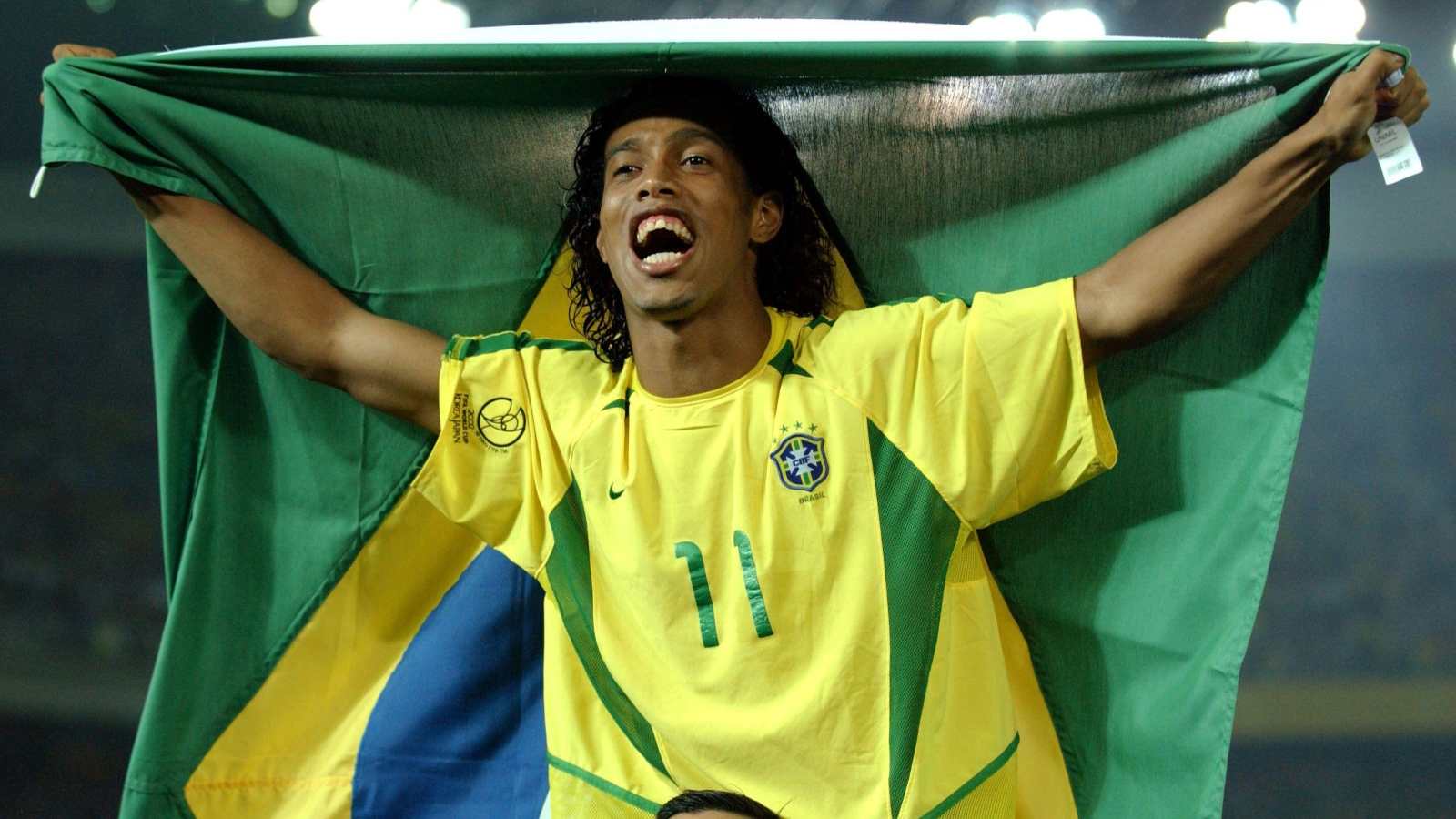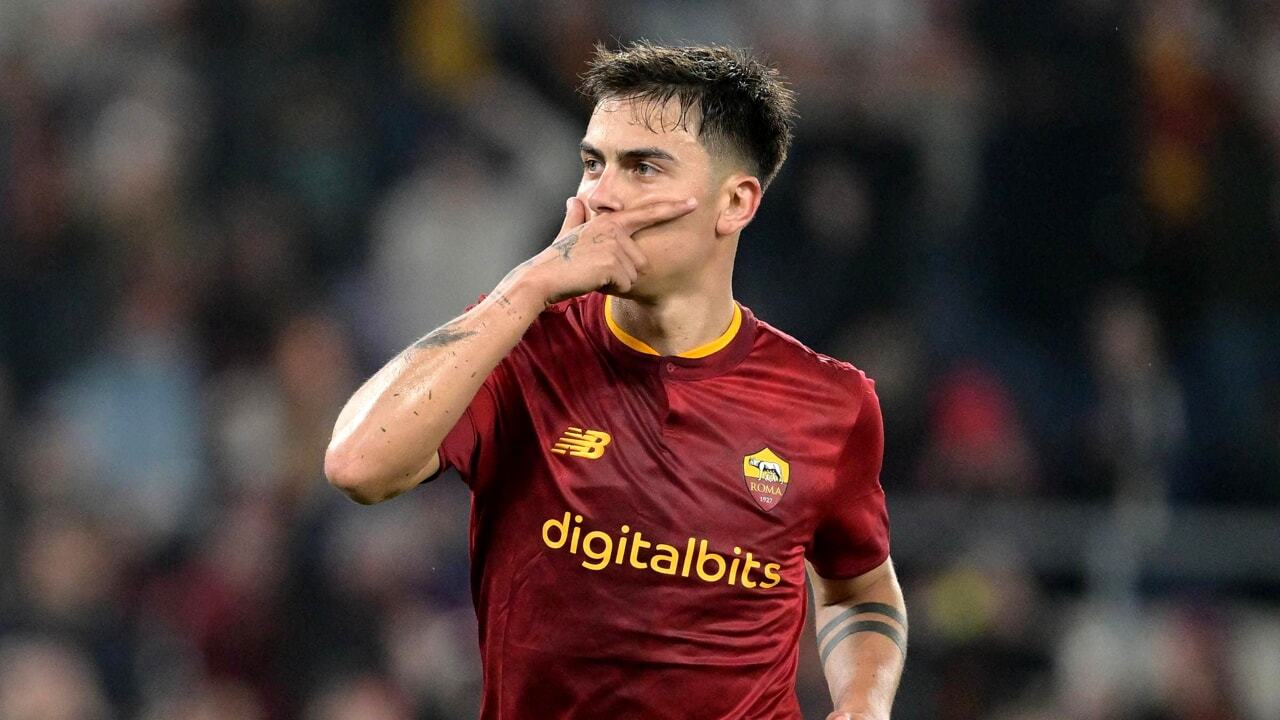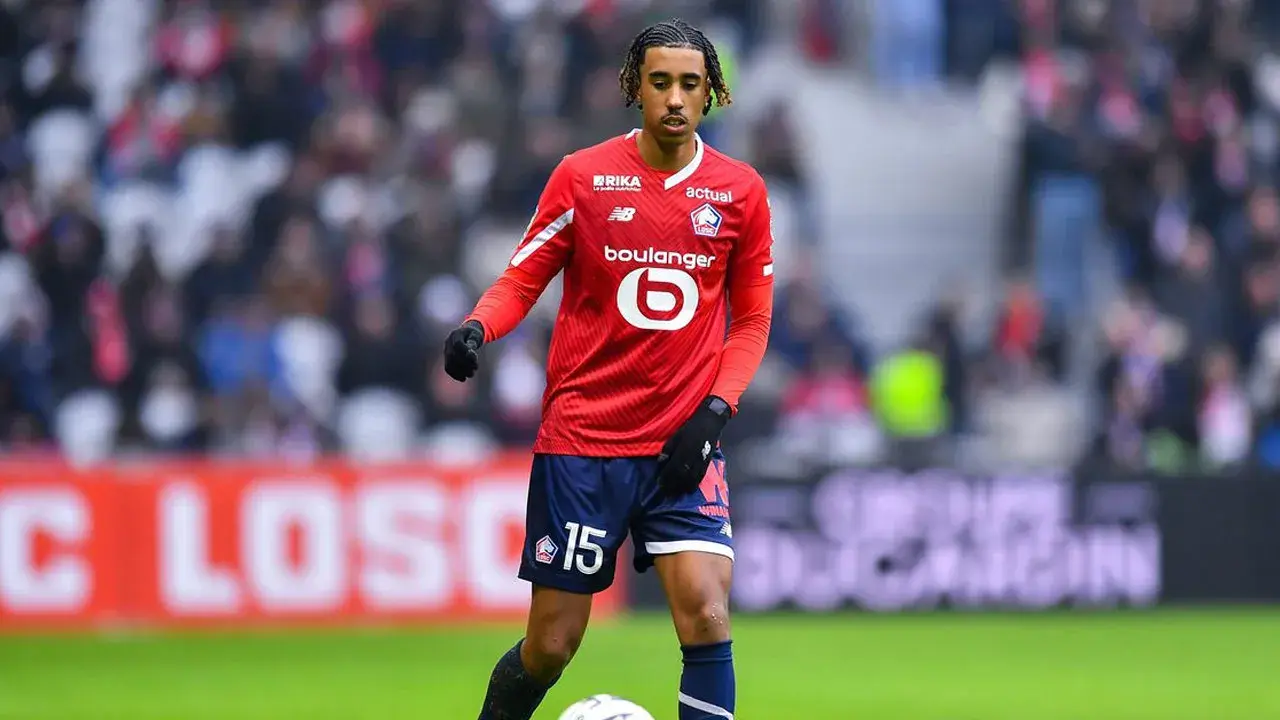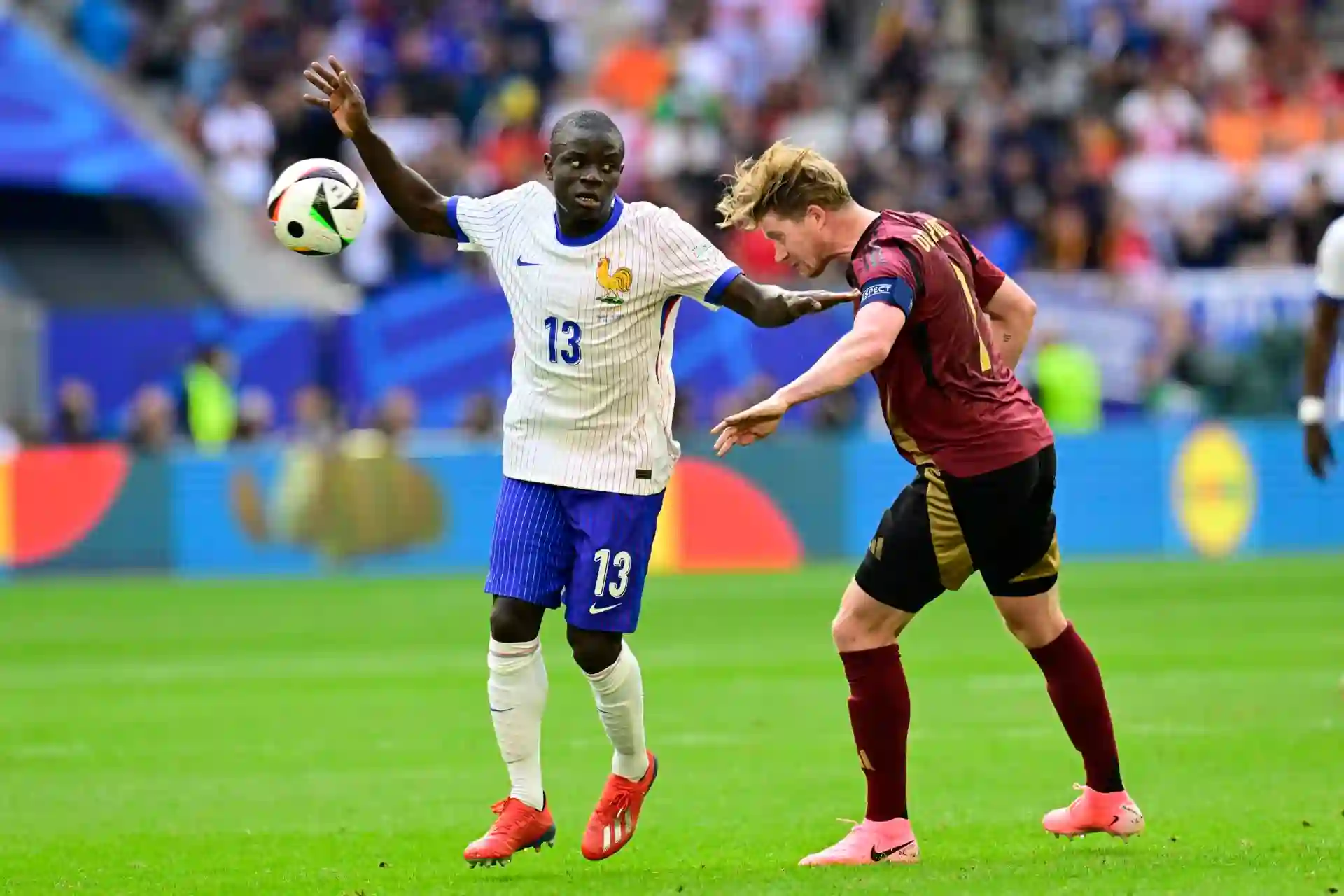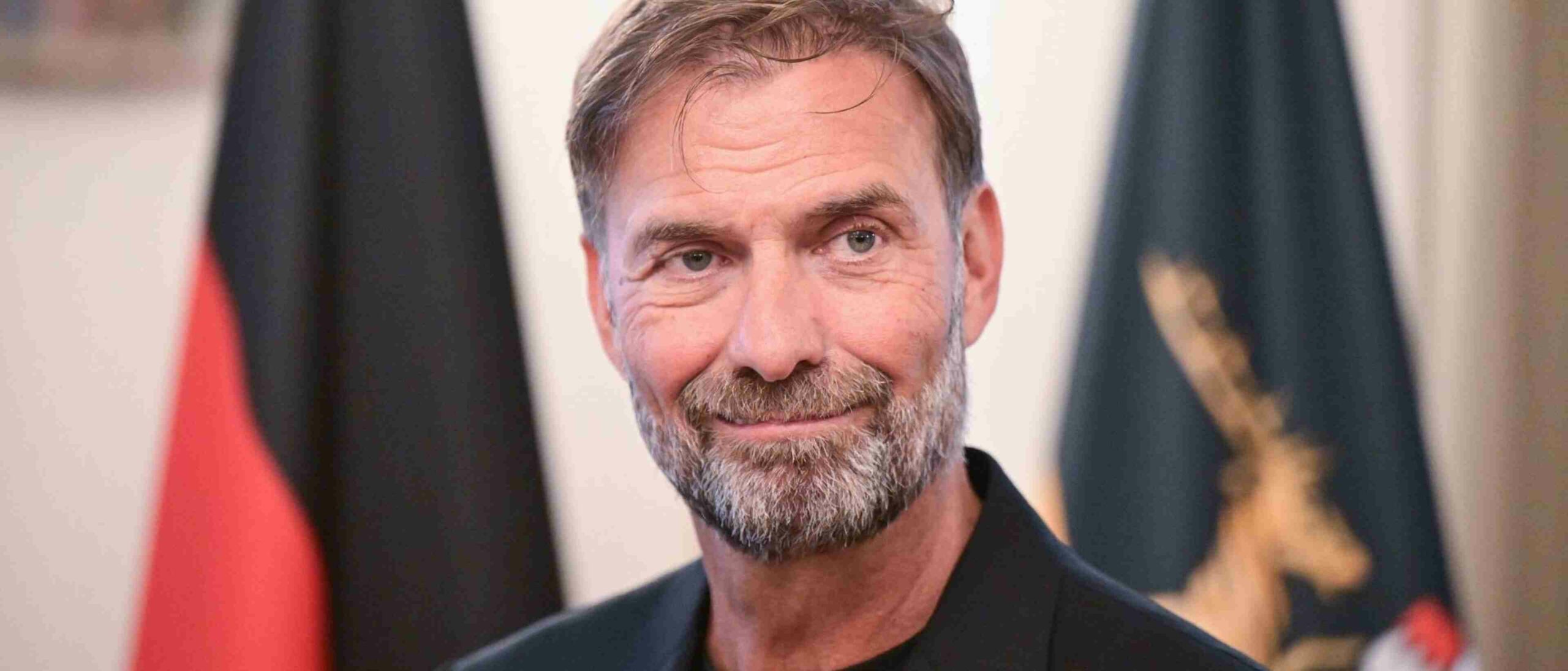

Key Takeaways:
- Jurgen Klopp stated in a recent interview that he misses “nothing” about coaching since leaving Liverpool in the summer of 2024
- He has transitioned to a new position as global head of soccer at Red Bull, overseeing philosophy, coaching, and transfer strategy across the brand’s network of clubs
- Klopp reflected on his career achievements and criticisms, addressed the reaction to his Red Bull appointment, and expressed concerns about the welfare of footballers amid proposed tournament expansions
Life After Anfield: A Complete Break from Coaching
Jurgen Klopp concluded his nine-year Liverpool tenure in the summer of 2024, having brought unprecedented success to the club, including the first top-flight league title in thirty years and a Champions League crown. Despite this legacy, Klopp revealed he feels no sense of longing for the demands of management. Rather than following matches obsessively or yearning for weekends on the touchline, he shared that his time is now filled with personal pursuits, family, and sports – completely detached from the stringent routines of elite coaching.
When asked about a potential return to coaching, Klopp remained unequivocal. At 58, he insists he has closed that chapter, while also acknowledging the unpredictability of the future. For now, he values his distance from pitchside responsibilities, with no inclination to resume them.
🗣️Jurgen Klopp on his return to management :
“I don’t want to work as a coach anymore. That’s what I think, but you don’t know. I’m 58.
If I started again at 65, everybody will say, ‘You said you’ll never do it again!’ Er, sorry, I thought 100 per cent (when I said it)! That… pic.twitter.com/bQm01XhIcI
— Anything Liverpool (@AnythingLFC_) September 30, 2025
Redefining Influence: Klopp’s Role at Red Bull
Although no longer in the dugout, Klopp has returned to football in a strategic capacity. Since January, he has been serving as global head of soccer at Red Bull. His purview spans the brand’s range of football interests, which include RB Leipzig in the Bundesliga, Red Bull Salzburg in Austria, Paris FC in Ligue 1, New York Red Bulls in MLS, Red Bull Bragantino in Brazil’s Serie A, RB Omiya Ardija in Japan’s J2 League, and a minority stake and sponsorship with Leeds United in the Premier League.
Speaking at the New York Red Bulls’ training ground, Klopp outwardly appeared rejuvenated – more youthful, relaxed, and energised. During the conversation, Klopp admitted to cherishing both his triumphs and defeats as a manager, pointing out his extensive experience in Champions League finals. Now, with fewer time constraints than before, he enjoys the opportunity to share his insights more freely and serve as a resource within the Red Bull network.
| Jurgen Klopp’s Role at Red Bull | Key Clubs Involved |
|---|---|
| Global Head of Soccer |
RB Leipzig (Bundesliga) Red Bull Salzburg (Austrian Bundesliga) Paris FC (Ligue 1) New York Red Bulls (MLS) Red Bull Bragantino (Brazil’s Serie A) RB Omiya Ardija (J2 League, Japan) Leeds United (Minority shareholder / Shirt sponsor) |
Reaction to Red Bull Appointment and Fan Sentiment
Klopp recognised that his decision to join Red Bull was contentious, especially in Germany. RB Leipzig’s presence in the Bundesliga has stirred debate about the 50+1 rule and commercialisation, leading to protest from traditionalists and even from supporters of his former club Mainz. However, Klopp expressed understanding and acceptance of the critical reception, emphasising his focus on personal motivations and integrity.
He reflected on how reactions differ across countries and clubs, suggesting that even a move to clubs in Italy or Spain would have provoked its own set of opinions while asserting that Liverpool supporters have responded positively, relieved that he is not coaching a rival.
Perspective on Career and Lifestyle Adjustments
Klopp recounted his commitment to a 25-year coaching marathon, a pact he made in 2001. This dedication came at the cost of personal events and leisure activities, which he is finally enjoying, having only attended two weddings and four cinema visits in 25 years – with three of those outings occurring in the past eight weeks.
Since leaving Liverpool, Klopp has returned to Anfield for a single match, and now finds satisfaction in choosing his own schedule, prioritising his family, and observing training sessions without obligation. The freedom of his new role has introduced new learning opportunities and allowed him to adopt a broader perspective beyond the relentless focus required as a manager.
Responsibilities and Club Building at Red Bull
At Red Bull, Klopp has placed emphasis on a high-energy playing style, playing an active part in a pivotal transfer window for RB Leipzig that saw twenty-six player movements and resulted in the Bundesliga’s youngest squad. He acts as both a figurehead and a facilitator in negotiations, offering insights on players and contributing to both Paris FC and Leipzig’s recruitment processes.
This approach echoes his career as a club builder, developing players and forging pathways for talent to move onward, often catalysed by major outgoing transfers — such as Philippe Coutinho’s £142,000,000 move from Liverpool, which enabled the acquisition of key players like Virgil van Dijk and Alisson.
Leadership, Change, and Industry Pressures
Despite his expanded remit, Klopp still provides support and mentorship to coaches and sporting directors within the Red Bull ecosystem. He described his role as the “emergency call” for staff seeking advice, valuing the development of strong professional relationships. He also commented on the challenges surrounding managerial changes, such as the departure of Marco Rose at Leipzig, asserting that hiring and dismissing coaches should be guided by sound reasoning rather than media or public pressure.
The transition from the insular, all-consuming environment of Premier League management to the diversified, less rigid schedule at Red Bull has widened Klopp’s view on life and football. Obligations such as numerous weekly interviews have faded, making way for broader reflection and a degree of personal rejuvenation.
Football’s Tactical Evolution and Managerial Reflections
With regard to on-pitch trends, Klopp observed the stylistic shifts in teams like Manchester City and the increasing importance of set pieces. He highlighted the achievements of Bournemouth’s Andoni Iraola and Crystal Palace’s Oliver Glasner, particularly after Palace’s first victory of the season over Liverpool. Nevertheless, he does not feel compelled to judge the direction of the game, remaining focused primarily on the play within Red Bull’s own teams.
Klopp held his erstwhile rival Pep Guardiola in high regard, joking about the latter’s improvement in golf since becoming a manager, while lamenting his own lack of leisure time during his coaching career.
Concerns Over Player Welfare and Tournament Expansion
A significant theme in Klopp’s interview was his ongoing worry about the increasing physical and mental toll on footballers. He reiterated his previous criticism of FIFA’s 32-team Club World Cup, describing it as a misguided initiative, and voiced apprehension over the prospect of a 64-team World Cup in 2030. According to Klopp, there comes a point where additional competitions become detrimental to the wellbeing of players, likening it to overworking artists until exhaustion.
Klopp acknowledged the complexities of reducing fixtures or salaries and noted the risks players face for speaking out against crowded schedules. He praised the efforts of the Professional Footballers’ Association in advocating for player interests and stressed the importance of continuing to discuss these issues, regardless of the discomfort it may cause among stakeholders.
